petrochemist
TPF junkie!
- Joined
- Mar 9, 2014
- Messages
- 1,873
- Reaction score
- 608
- Can others edit my Photos
- Photos OK to edit
If your limited to $20 get a hood (A Chinese knock of should be fine as long as it's designed for your lens). A hood works to reduce flare without any knowledge or tweaking on your part, and protects your lens from knocks.
A polarizer can improve many of your shots if used correctly, but ideally you want to spend a bit more on one.
In the long run you'll want both.
A polarizer can improve many of your shots if used correctly, but ideally you want to spend a bit more on one.
In the long run you'll want both.


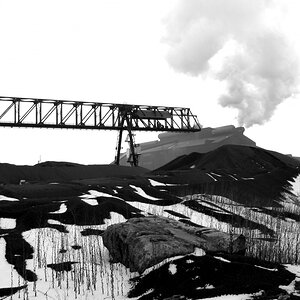
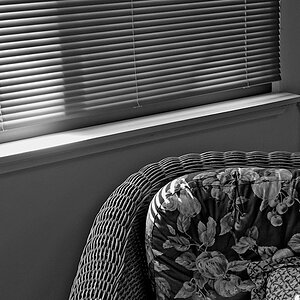
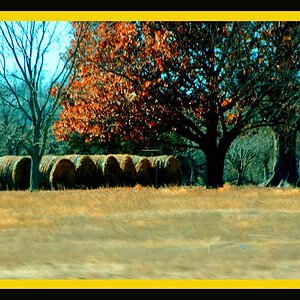
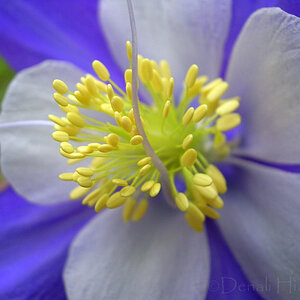

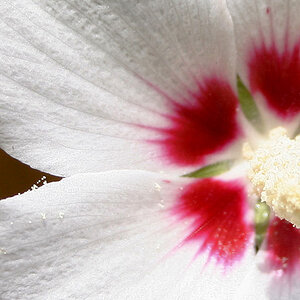
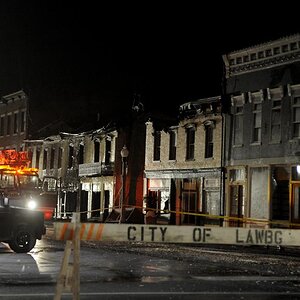


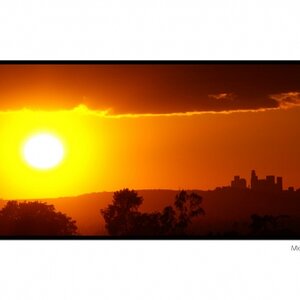

![[No title]](/data/xfmg/thumbnail/40/40285-2ce5915035c220ccb3485030863b62d0.jpg?1619739408)